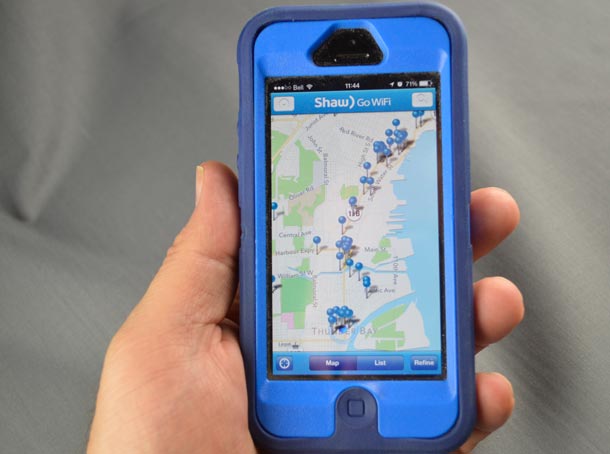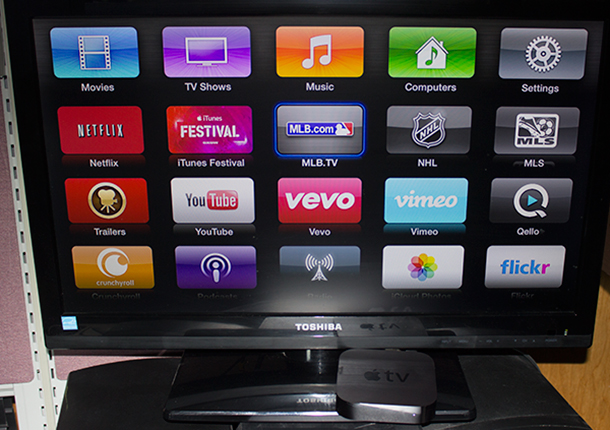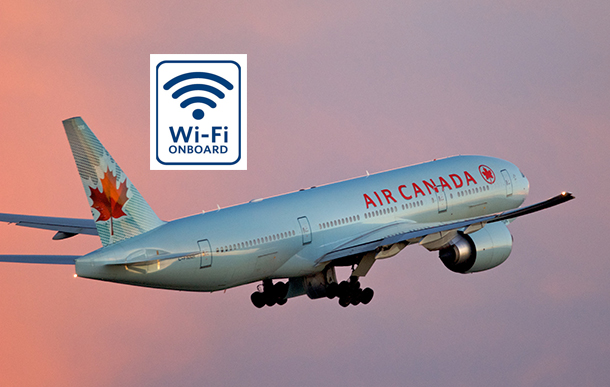
NEW YORK – TECH – Who would not want to enjoy the perks of free internet if it’s being offered at your favorite place? Imagine yourself landing in one of your favorite coffee shops and instantly getting your phone/tablet connected to the public Wi-Fi network offered by the same place. Now, you would want to post a check-in or a random update about your visit. When you’re getting to enjoy free Wi-Fi then you could do a lot of things – check your social networks, catch some latest news and updates, or maybe take a quick glance at your bank account balance while sipping your favorite coffee. The truth is, in today’s world, we are so much addicted to using the internet that we log into a public network without giving a thought to whether or not that network is safe for our device.
Public Wi-Fi networks ostensibly seem attractive in the beginning. However, the fact is, they are the most vulnerable and insecure form of networks. Whatever data you share from your device while using a public Wi-Fi connection is open and easily traceable for the expert hackers. Most of the online hackers tend to gain support from these public Wi-Fi networks and spy on your mobile devices without any reluctance. They can sneak into your devices and get access to your private information including passwords and other confidential data. Within seconds, all your private data can get leaked, leaving you behind with no option of getting it back.
This could be worrisome especially for those people who frequently travel for work or leisure and need to get their devices connected to various public Wi-Fi hotspots to resume their online activity. Do not worry! You can still connect your device to the public Wi-Fi networks and protect your online privacy if you take some necessary precautionary measures. For instance, connecting your device to a public network by using a good VPN service like www.falcovpn.com will help you stay away from spying eyes and also safeguard your online data.
Below-mentioned tips will help you protect your online privacy on public Wi-Fi networks:
Use a VPN Service
As mentioned above, a VPN service can protect your online privacy even when you’re connected to a public Wi-Fi network. Basically, a VPN acts like a secure, encrypted tunnel between your device and public Wi-Fi connection. When your device is connected to a VPN, all the data that flows through the tunnel becomes encrypted. This encrypted data is impossible for an online hacker to intercept. Thus, nobody can track or monitor your online activity when your device is connected to a VPN server because it completely hides your IP address and makes you appear anonymous on the internet. You can freely surf the web and go about your online activity without having to dread about any online attack.
Check Your Wi-Fi Settings
You should always double-check your device’s Wi-Fi settings and make sure it is not set up to automatically get connected to unknown public Wi-Fi networks. Apply a setting where your device should always seek your permission before connecting to a Wi-Fi network. This way your device won’t be getting automatically connected to an unknown network.
Check Wi-Fi Authenticity
Before you connect your device to a public Wi-Fi network, always ensure that you’re connecting to the right network. For instance, if you’re at a coffee shop and you see its Wi-Fi signal popping on your screen. When you’re not sure if that Wi-Fi network belongs to that particular coffee shop, then never connect to that network. Only connect your device to an authentic public Wi-Fi network by confirming its name from the owner of the place or an employee.
Connect via HTTPS
It is highly recommended to connect to websites on the internet via HTTPS. Basically, HTTPS, just like a VPN, encrypts all the data that you send and receive from a website. It ensures that communication to and from a website is completely safe and secure. It is really simple to verify if you’re connected to a website via HTTPS or not. Simply look at the address bar of your browser window and see if HTTPS is written at the start of a web address or a lock icon is shown before a web address. If you can see either of the two, it means the website is safe for browsing.
Two-Factor Authentication
Two-factor authentication is now being used by almost every giant technology organization. Be it Google, Facebook, Twitter, Microsoft, or Apple, all of them are now using two-factor authentication to increase privacy levels for their users. Two-factor authentication requires both a password and a secondary code that changes recurrently for different websites. Online hackers may find out the password but it would be extremely difficult for them to get their hands on the secondary code.
Disable Sharing Settings
Disable the sharing settings of your computer. Make sure your PC isn’t configured to share access to files. Also, make sure of the fact that it is not seen on any public or guest networks. At home, it may be convenient for you to share files kept in a single folder with other members but it would be riskier if you are connected to a public Wi-Fi network and allow your files/folders to be shared with other users connected to the same network.




